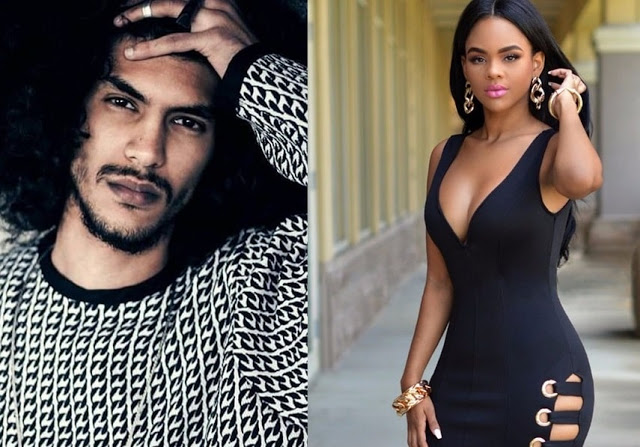by Jon Harley
By and large, bisexuality means a sexual orientation where the person is sexually attracted to both people of the same gender as them, and people who’re not the same gender as them.
I say by and large because unfortunately there is no one definitive definition of bisexuality.
There are at least three in common usage:
1. Used to describe romantic/sexual feelings towards other people. In other words, it’s about who I want to have sexual relationships with.
2. Used to describe sexual behaviour, that is, the actual practice of having sex with people of more than one gender (not usually at the same time). In other words, this definition is about what we do rather than what we say.
3. Some people also claim that the term bisexual means sexual attraction only towards males and females, and not to people of other gender identities, eg. the “non-binary” or genderqueer people.
I think that both of the first two definitions have some merit.
Number 1 is probably the most commonly used definition by people who identify as bisexual themselves.
These distinctions can be important, for example to researchers and sexual health organisations.
I don’t think the third definition has any validity: it comes from a lack of understanding of history, of both the word and of the bisexual community.
The word bisexual was coined after homosexual and heterosexual, and the “bi” refers to both homo and hetero (same and other), not to the two traditional genders.
The bisexual community has always included many genderqueer, trans and non-binary folk – for example the UK’s national bisexual conference BiCon has been running since the late 80s and has always had out non-binary people there (in various identities).
In my opinion, the bi community has historically been far more welcoming and understanding of non-binary genders than gay and lesbian communities have.
Because of the potential confusion between the first two definitions, I personally think it can be useful to say “bisexual identified” or “bisexual behaviour” to make it clear what you’re talking about, at least if it’s a context where there’s some doubt.
A writer once said:
“I am bisexual because sometimes I fall in love with a man, and sometimes I fall in love with a woman. It doesn’t matter that I fall in love with men more often, it doesn’t matter that I have been monogamous and happy with a woman, it doesn’t matter that some of the people I have fallen in love with were transgender.”
***
Read more about bisexuality HERE.
***
My name is Jon Harley.
I know a bit about a lot of things, but particularly computing (I’ve been writing software since 1981 and had internet access since 1986), maps, languages, politics and history.
After a long IT career I’m now a creative writing student at Newcastle University, and also a Buddhist, atheist, feminist, bi Yorkshireman with personality type ENFP supposedly.
I’m also pretty well-travelled.



